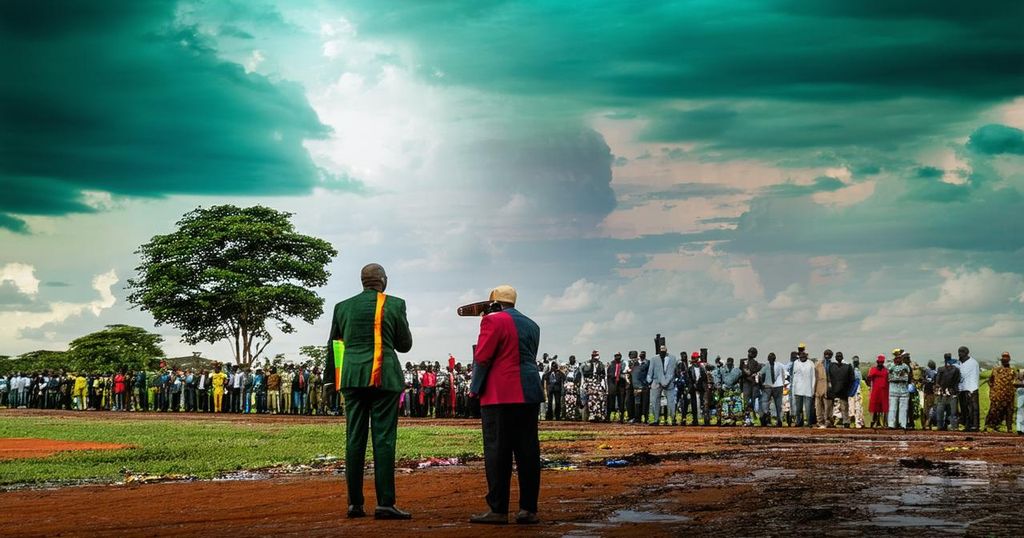Mozambique’s Frelimo Party Wins Election Amidst Allegations of Fraud

Daniel Chapo of the Frelimo party has been declared the winner of Mozambique’s presidential election with over 70 percent of the votes. Opposition candidate Venancio Mondlane claims electoral fraud and has called for protests. The EU observers reported issues in monitoring the election, and violence has marred the political climate, including the killings of opposition officials.
The presidential election in Mozambique has concluded with the ruling Frelimo party’s candidate, Daniel Chapo, being declared the victor, obtaining over 70 percent of the votes, as confirmed by the National Election Commission (CNE). This declaration occurs amidst significant allegations of election fraud from opposition factions, who argue that the electoral process was manipulated in favor of Frelimo. Daniel Chapo’s victory marks a continuance of Frelimo’s longstanding dominance in Mozambican politics, having held power since the country’s independence from Portugal in 1975. Chapo’s principal rival, independent candidate Venancio Mondlane, received over 20 percent of the votes and has vocally contested the legitimacy of the election, asserting that he is the true winner. He has promoted plans for nationwide protests against Frelimo’s extended governance, which he believes is detrimental to the nation’s progress. In a somewhat tumultuous political backdrop, the EU’s observer mission has voiced concerns regarding procedural discrepancies, stating that their observers encountered barriers in monitoring vote counts and noted concerning alterations in the results at various polling stations. The situation has been exacerbated by violent incidents preceding the election, including the assassinations of two opposition officials, further igniting tensions between the government and opposition supporters.
Mozambique has been under the rule of the Frelimo party since it gained independence from Portugal nearly five decades ago, facing a civil conflict against the rival Renamo group that eventually transitioned into an opposition party. The political landscape has been marked by claims of election fraud and suppression of dissent, particularly in the recent election where violence erupted prior to the polls. The implications of these elections are significant, as they reflect ongoing tensions and struggles within Mozambican society and governance.
In summary, the recent presidential election in Mozambique underscored a pattern of alleged electoral manipulation, extending Frelimo’s rule for nearly half a century. The declared results have provoked retaliatory actions from the opposition and raised serious questions about the legitimacy of the democratic process in the country. Observers from the EU have highlighted significant concerns over the electoral integrity, setting the stage for potential unrest and challenges in governance as Daniel Chapo prepares to assume the presidency.
Original Source: www.aljazeera.com








